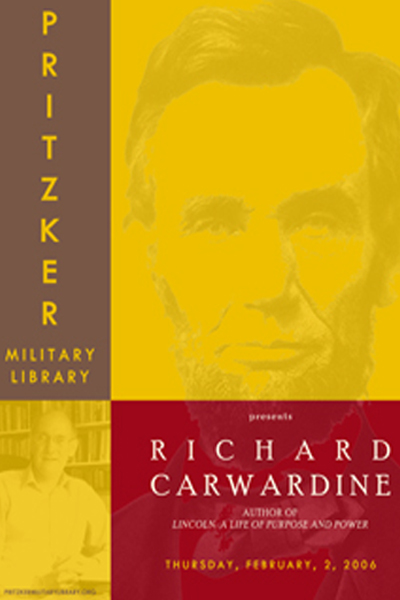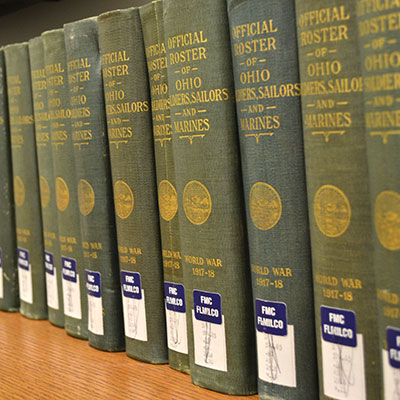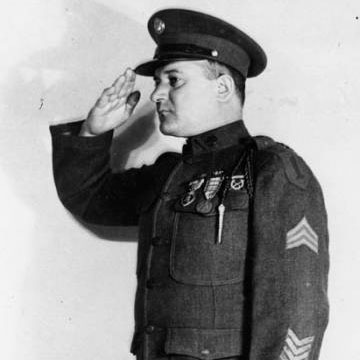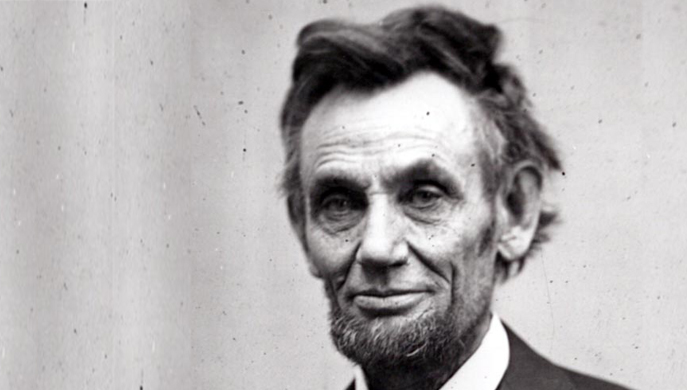
Record date:
Richard Carwardine: Lincoln: A Life of Purpose and Power
What is it about Abraham Lincoln that makes him as fascinating a figure today as he was in his lifetime? It is an interesting question to contemplate at a time when our nation is at war and our country deeply divided. What does it take to lead in such circumstances? How does a president respond to public opinion when individual opinions are so bitterly at odds? How does a leader successfully combine political skill and moral purpose?
As a defender of national unity, a leader in war, and the emancipator of slaves, Abraham Lincoln lays ample claim to being the greatest of our presidents. But the story of his rise to greatness is as complex as it is compelling. In Lincoln: A Life of Purpose and Power, already awarded the prestigious Lincoln Prize, highly regarded Oxford University historian Richard Carwardine examines Lincoln both in his dramatic political journey and in his nation-shaping White House years. As Tom Schwartz, Illinois State Historian, writes, "How Lincoln obtained, used, and often withheld power to achieve base political objectives as well as enlightened national ones are brilliantly detailed. There is simply no other Lincoln biography like it."
Through his groundbreaking research, Carwardine probes the sources of Lincoln's moral and political philosophy. We see how, while pursuing office, Lincoln drew strength from public opinion and the machinery of his party. We see him, as a wartime president, recognizing the limits as well as the possibilities of power, and the necessity of looking for support beyond his own administration. We see how he turned to the churches, to their humanitarian agencies, and to the volunteer Union Army for allies in his struggle to end slavery. Carwardine gives us a fresh, important portrait of the incomparable Abraham Lincoln. "One closes this powerful biography wondering how postbellum politics might have been different were it not for that fateful gunshot on April 14, 1865." Publishers Weekly













